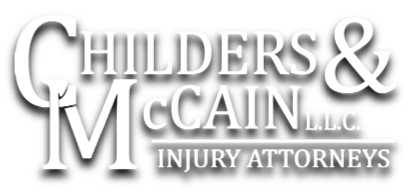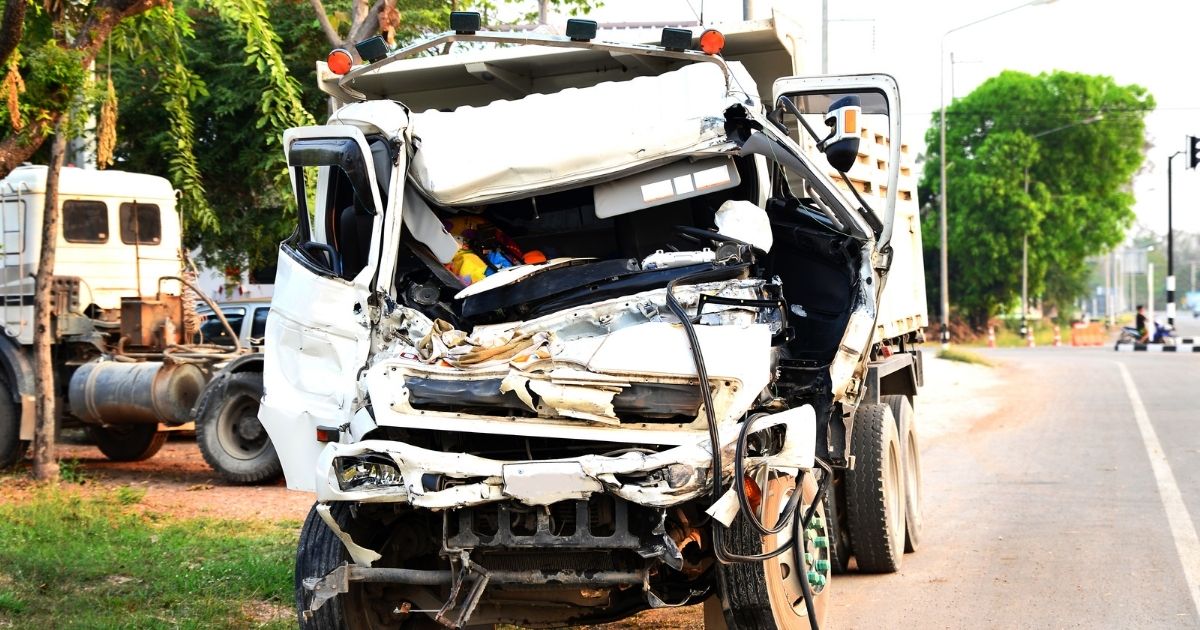Being involved in a crash with a tractor-trailer can be life-altering. The sheer size and weight of commercial trucks often result in devastating injuries and extensive property damage. While this may be your first experience with such a traumatic event, rest assured—it’s not the trucking company’s first. Trucking companies and their insurers are well-practiced in minimizing their liability. So if your claim is denied, don’t be surprised—and more importantly, don’t give up.
A denial of liability does not mean the end of your case. Knowing the reasons behind common denials—and how to counter them—is crucial to protecting your rights and pursuing the compensation you deserve.
Why Do Trucking Companies Deny Liability?
1. Claiming the Driver Is an Independent Contractor
One of the most common defenses is the claim that the truck driver involved was an independent contractor, not an employee. While companies may attempt to use this distinction to avoid liability, courts in Georgia will often examine the degree of control the company had over the driver’s work. Even if a driver is labeled a contractor, a company can still be held liable under vicarious liability if the driver was acting within the scope of their duties and under the company’s direction.
2. Blaming You or a Third Party
Trucking companies may argue that you—or another driver—caused or contributed to the crash. Georgia follows a modified comparative fault system, which means you can still recover compensation as long as you are less than 50% at fault. However, your compensation will be reduced by your percentage of fault. This tactic is often used to shift blame and reduce their financial responsibility.
3. Denying the Driver Was Negligent
The company might deny any negligence occurred, or claim the driver followed all rules. But if a company knew or should have known that their driver had a history of unsafe behavior—such as driving under the influence, repeated traffic violations, or hours-of-service violations—they may be liable for negligent hiring, retention, or supervision.
4. Offering a Quick Settlement
Sometimes, companies offer quick settlements to avoid future liability. These offers may seem generous initially, but they are often designed to resolve your case before all injuries and expenses are fully understood. Once you accept a settlement, you typically waive your right to any additional compensation—even if your condition worsens or new costs arise.
What Should I Do If My Truck Accident Claim Is Denied?
A trucking company’s denial does not have the final word. Here’s what to do:
Request a Written Denial
Ask the company or insurer to provide the reason for denial in writing. This gives your attorney a clear starting point to challenge their position.
Hire a Truck Accident Lawyer Immediately
Truck accident cases involve complex evidence, including:
- Electronic Logging Device (ELD) data
- Event Data Recorder (EDR) information (the truck’s “black box”)
- Driver logs and rest records
- Truck maintenance records
- Dashcam or surveillance footage
- FMCSA compliance reports
Your attorney will gather and preserve this evidence, issue subpoenas if needed, and work with experts in accident reconstruction, trucking safety, and medical care to build your case.
Why You Need an Experienced Macon Truck Accident Lawyer
Trucking companies operate under federal regulations enforced by the Federal Motor Carrier Safety Administration (FMCSA), and aggressive insurance carriers back them. To stand a chance, you need a legal team that understands both the state and federal laws governing truck operations—and how to prove fault when a company denies liability.
Talk to the Macon Truck Accident Lawyers at Childers & McCain, LLC
Just because the trucking company denies responsibility doesn’t mean you aren’t entitled to compensation. Let the Macon truck accident lawyers at Childers & McCain, LLC help you take the next step. Call us today at 478-254-2007 or contact us online to schedule a free initial consultation. Our office is in Macon, Georgia, and we serve clients in Savannah, Albany, Atlanta, Bibb County, Chatham County, Columbus, Crawford County, Oglethorpe, and Peach County.

